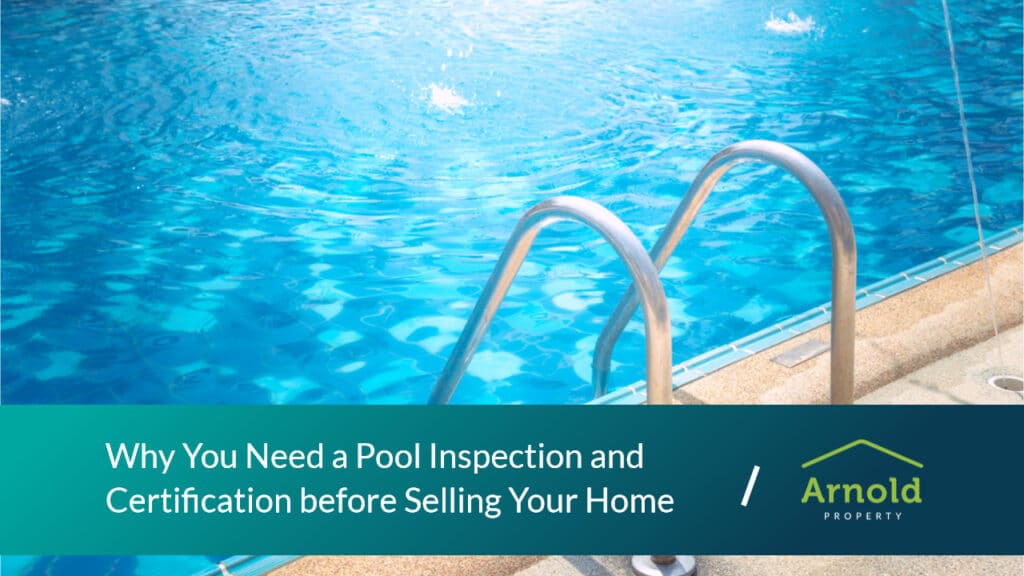If you’re thinking of selling your home with a pool, know that you have some obligations and certifications that you need to organise before selling. A pool inspection and certification is a task you need to add to your to-do list before selling your home.
What is a pool inspection?
Pool safety laws vary depending on where you live. If you are a pool owner, you must make sure that your pool complies with the existing laws in your area. A pool is defined as any structure that can be filled with 30 mm of water and is used for swimming.
If you are looking to sell your house, you have to make sure that your pool is inspected. In NSW, the Swimming Pools Act 1992 No 49 applies to all indoor or outdoor pools in a residential area.
A mandatory pool inspection must be performed by the local authority or private certifier at least once every three years. As an owner of a residential pool, you have to get the services of the local authority or a private certifier to inspect your pool before you sell your home for your safety and protection.
A pool inspector is tasked to complete a physical inspection of your swimming pool and pool barrier and can also help you register your pool on the NSW Government Swimming Pool Register.
Here are some of the things that a pool inspector inspects:
- When the child-safety barriers were built, rebuilt, or altered
- The size of your pool
- Problems and hazards in your pool
- When the pool was built
If in any case your pool inspector finds that your pool is not compliant, they will issue a certificate of non-compliance. You are then given six weeks to address the issue and take the necessary steps to make your pool compliant. Some private certifiers can carry out small repairs and help you get certified.
Make sure that you contact a private certifier or the local council to perform the inspection and issue a certification of compliance before you sell your house. This certification is valid for three years and can be verified through the NSW Government’s Swimming Pool Register.

What is a certificate of compliance?
Before you can be issued a certificate of compliance, you must make sure that your pool is registered on the Register of Swimming Pools. The certificate of compliance will be attached to your sales contract.

What are the requirements for an outdoor and indoor swimming pool?
An outdoor swimming pool in NSW must abide by general requirements such as a child-resistant barrier that must adhere to the regulations set by the Swimming Pools Act. Some requirements for your pool are:
- The barrier must always be in good condition and well-maintained.
- The barrier must be 1200mm in height from ground level to top.
- The owner of the pool must make sure that gates and doors leading to the pool are properly locked when the pool is not in use.
- A warning sign must be erected in the vicinity of the pool where it is instantly visible.
- An indoor swimming pool must ensure that access to the pool is restricted as prescribed by the regulation.
- The fence or barrier to your pool must comply with Australian standards.
- Pool gates must not open in an inward manner and must be able to self-close or self-latch.
- There must be a CPR signage visible either attached to the pool fence or installed near the pool. It should be visible from 3 metres away.
If you need a private certifier to inspect your pool, make sure to contact an experienced and trusted professional. A professional pool certification company can help you by performing a thorough inspection of your pool and providing you with a detailed description and recommendation. They can issue you with a certificate of compliance or a certificate of non-compliance.
Looking for sound property advice? Arnold Property are here to help. Contact us today.


